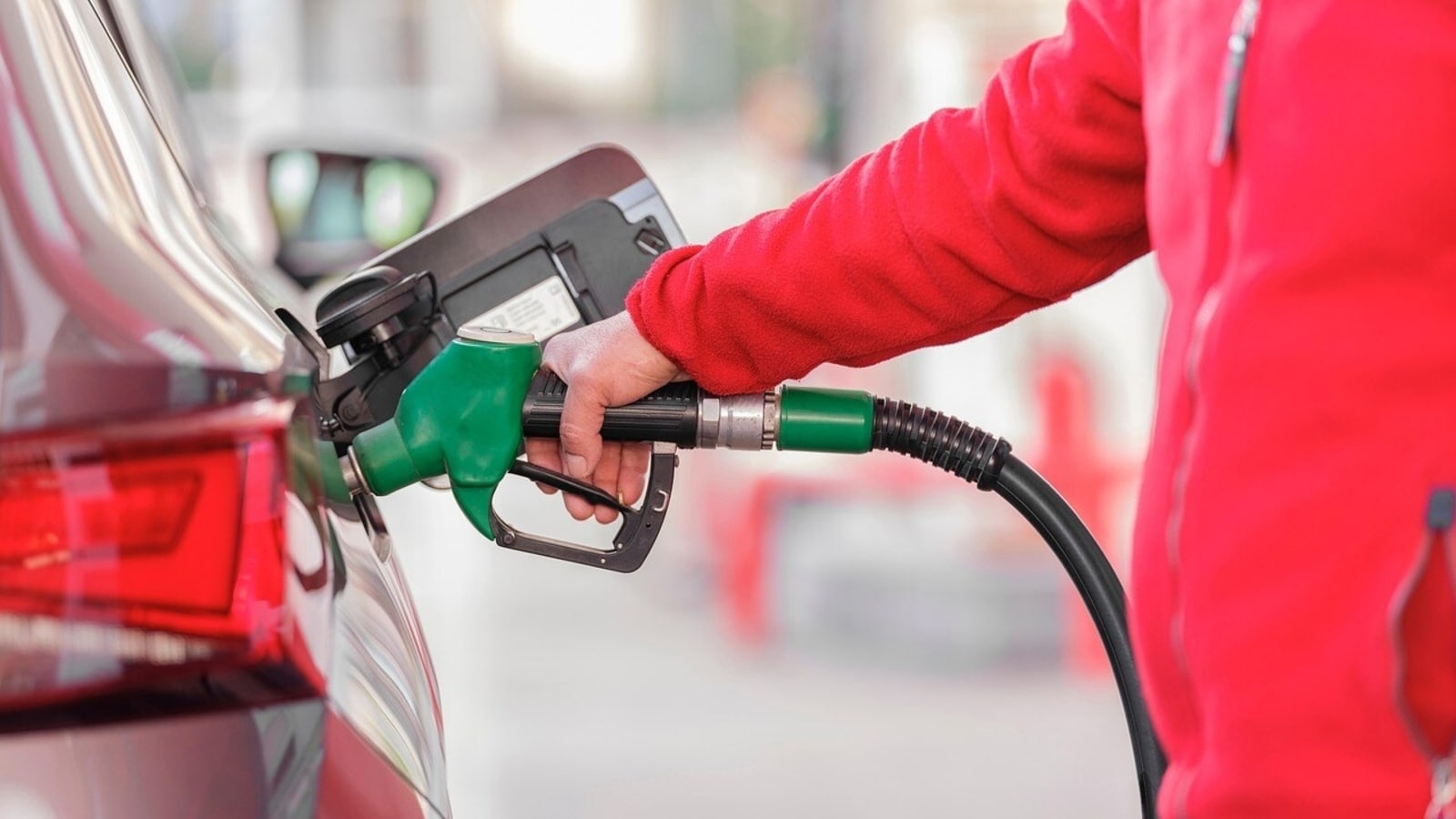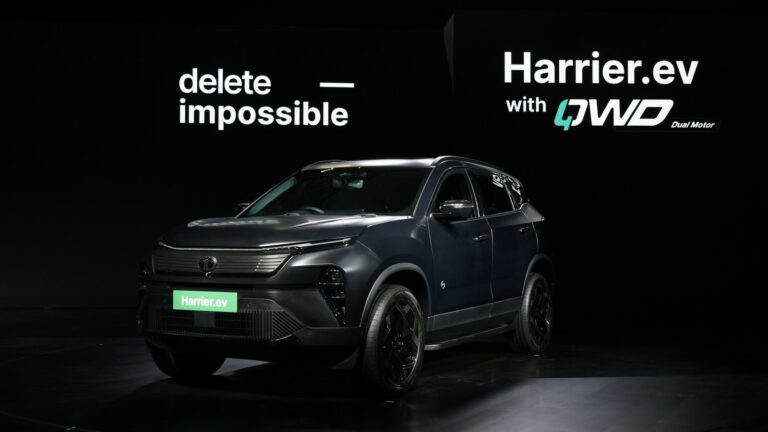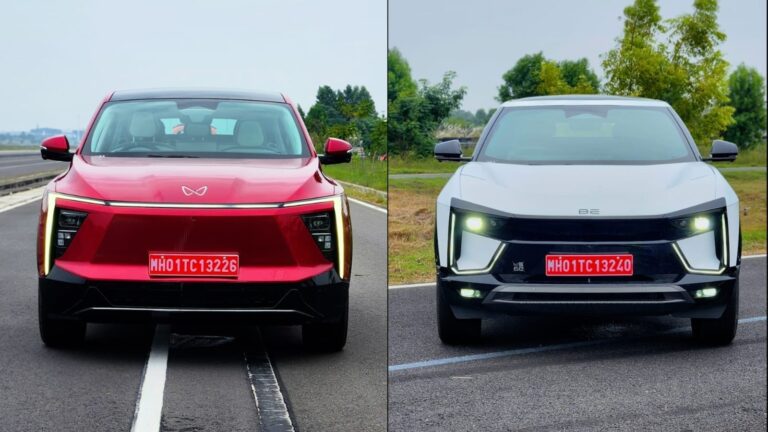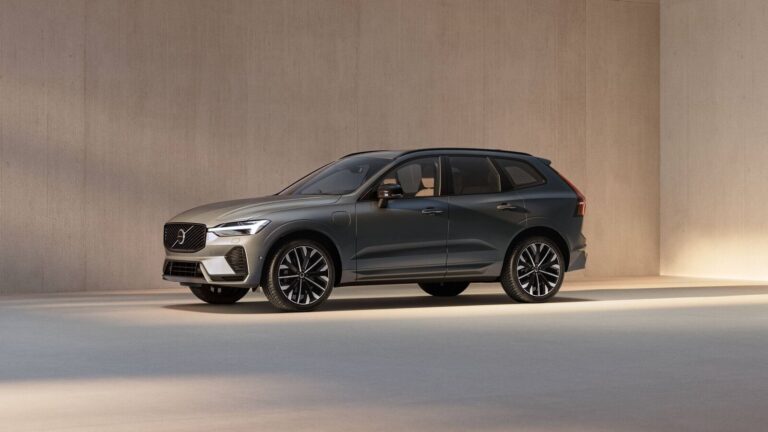Updated on: Aug 05, 2025 11:15 am IST
The Ministry of Petroleum & Natural Gas (MoPNG) has snubbed concerns around the use of E20 fuel in older vehicles.
The Indian government has snubbed the reports claiming that ethanol-blended E20 petrol causes significant harm to older vehicles. The Ministry of Petroleum & Natural Gas (MoPNG), in a social media post on Monday, has dismissed concerns regarding the E20 petrol’s negative impact on older vehicles as unfounded. The ministry has assured that E20 petrol poses no significant damage to the older vehicles.

MoPNG has claimed that studies revealed no major performance or wear-and-tear in older vehicles have been reported with the E20 petrol use. However, the ministry said that a significant fuel economy decrease may occur, but that can be minimised with engine tuning.
E20 petrol: Concerns around fuel economy and material corrosion
With the refuelling stations dispensing E20 fuel across India, there have been concerns among motorists that the ethanol-blended fuel can cause significant harm to the older vehicles. Also, there have been concerns that E20 significantly impacts the fuel economy.
MoPNG stated that ethanol, being a lower-energy-density fuel than petrol, can cause a marginal decrease in fuel economy. However, that is not more than one or two per cent for four-wheelers designed for E10 and calibrated for E20. The ministry also stated that E20 doesn’t lead to a drastic drop in fuel efficiency in older vehicles. It also claimed that this marginal drop in fuel efficiency can be minimised through improved engine tuning and the use of E20-compatible materials.
Material corrosion is another concern among motorists. Many believe that E20 results in material corrosion for the older engines. MoPNG claimed that safety standards for E20, including corrosion inhibitors and compatible fuel system materials, are well established through BIS specifications and automotive industry standards.
E20 is not significantly harmful for older vehicles
The MoPNG has said that international studies on the effect of using ethanol-blended petrol on the mechanical, energy and environmental performance of vehicles through testing of carburated and fuel-injected vehicles every 10,000 kilometres during their first 100,000 kilometres revealed no significant statistical differences in power and torque generated and fuel consumption. “Material compatibility and drivability tests by Automotive Research Association of India (ARAI), Indian Institute of Petroleum (IIP) and Indian Oil Corporation (R&D) have confirmed that legacy vehicles also showed no significant variations, performance issues or abnormal wear-and-tear when operated with E20. Moreover, E20 fuel passed hot and cold startability tests without any engine damage,” the ministry said.






















